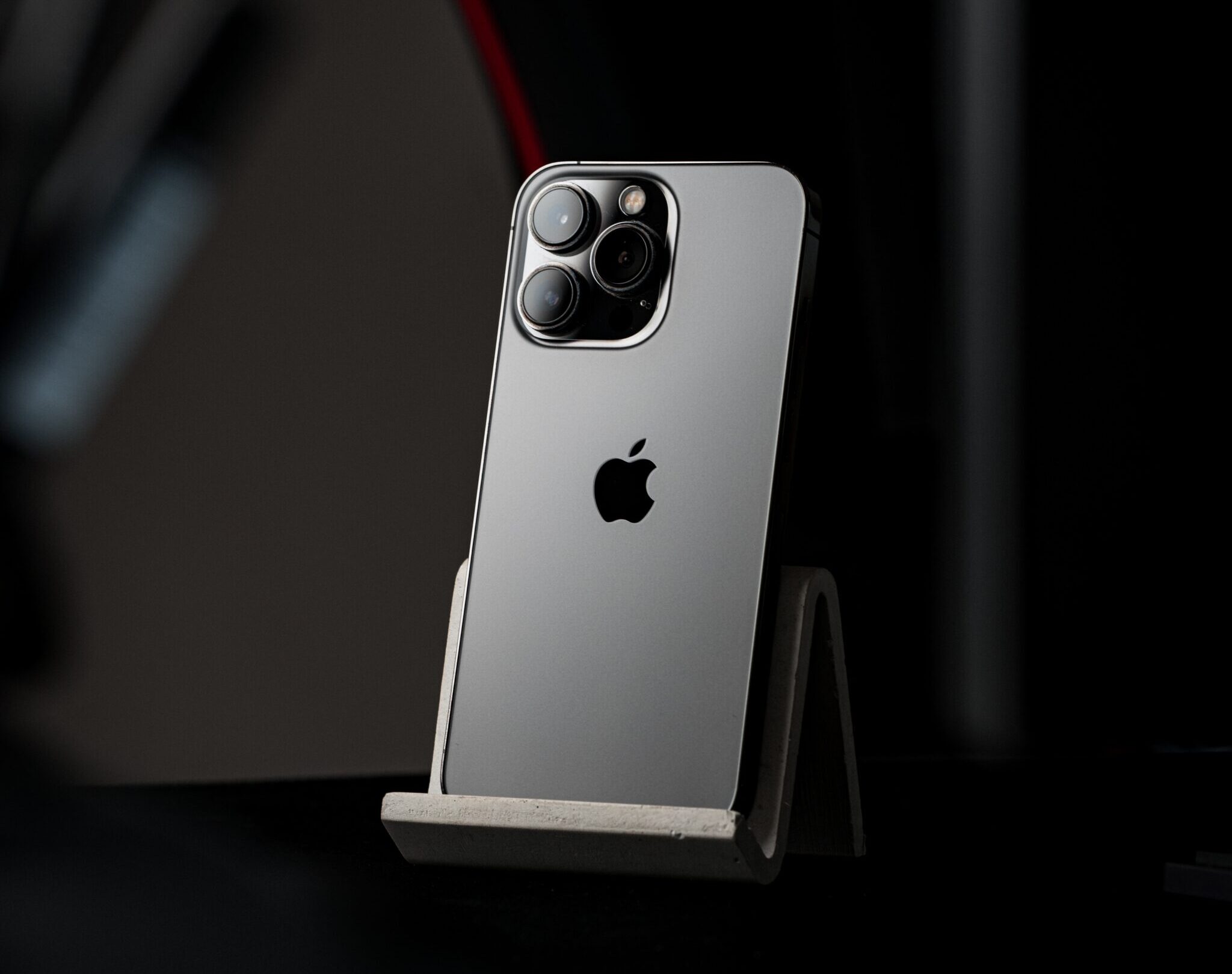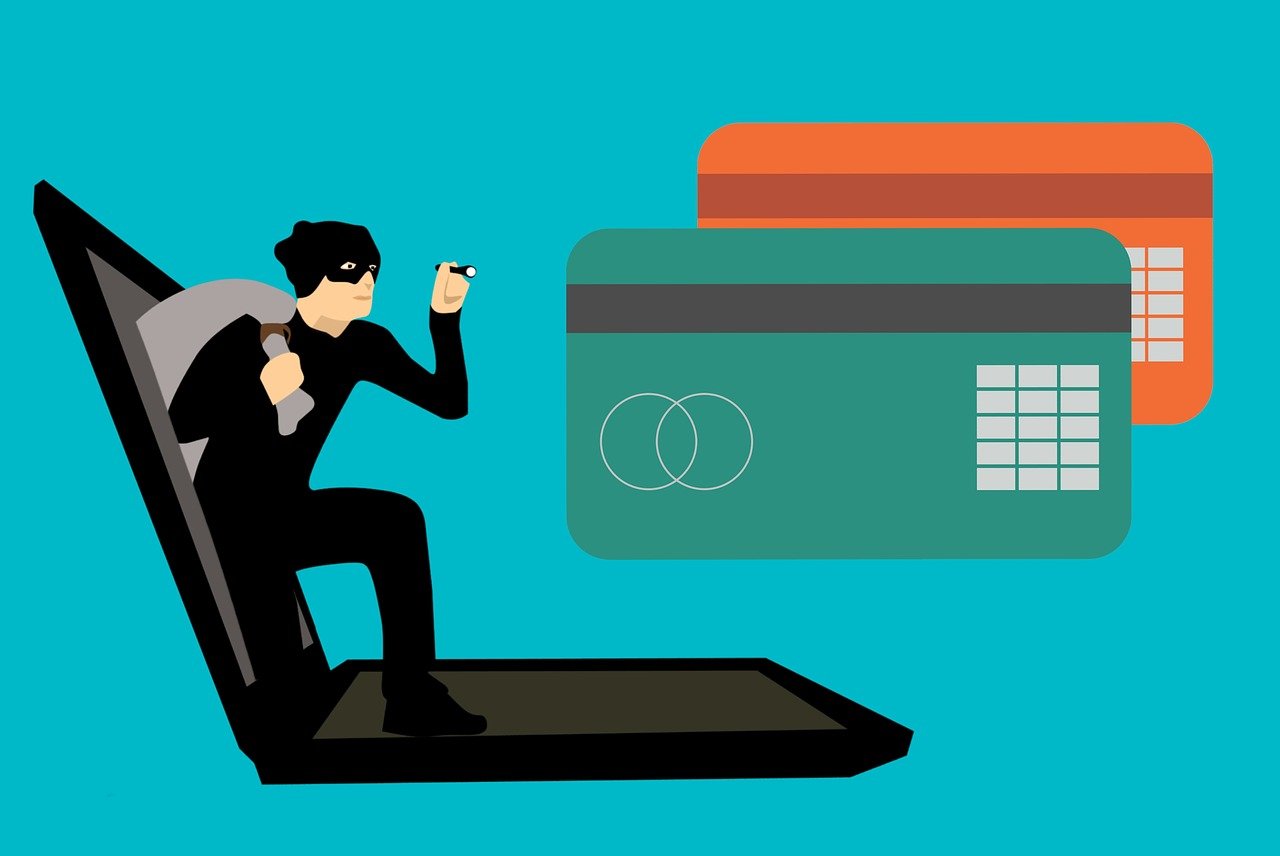Learn how to protect yourself from unexpected incidents with your cell phone. See important safety tips.
News of exploding cell phones, even though they are not common, scare users a lot. Unfortunately, there have even been reports of deaths due to these accidents. This equipment has now become an almost mandatory accessory in part of daily work and, due to its continuous use, the risk of accidents must be avoided.
Electronics engineer Harry Paixão said that explosions are usually caused by equipment overheating and are mainly associated with batteries. To better understand what happens, read more below.

Reasons for the explosions
Lithium-ion batteries are designed to withstand temperatures of up to 60°C. Experts explain that heat can create a short circuit between the positive and negative poles, triggering a reaction that can cause the battery to explode.
Additionally, experts say that explosions are more common with counterfeit phones because they lack safety features and operate at dangerous voltages. When purchasing a new charger, it is important to choose an original charger.
Furthermore, if you need to replace the battery, purchase a genuine one or contact a professional technical service. Paixão also warned that people should also be careful when buying used cell phones, as if the batteries have already been replaced with pirated versions, they can cause problems in the future.
Learn how to avoid accidents
Paying attention to your phone's temperature can tell you if it's about to explode, according to Paixão. When this happens, it's recommended to turn off the device, remove the protective case and leave it in a cool place until the temperature returns to normal.
Also, always check your phone for any swelling. If this happens, leave it off and take it to a service center to have the battery replaced and check for other damage.
If the battery is fine, turn it back on and close all background apps, as some apps may consume more power and generate more heat. In the latter case, remember that this is just normal heating and not overheating.
The expert explains that you should not touch your phone while it is charging. This is very useful for avoid explosions and protect the device and charger. Reported cell phone fires and electric shocks are usually caused by a defect in one of these devices. “We quickly came to the conclusion that if there is a risk, no matter how small, it is best not to use the phone while it is charging,” he reiterates.
Practical care
There are other precautions that can prevent accidents when charge devices, one of them does not use headphones and chargers that have not been approved by Anatel.
Do not charge your device or use your phone with bare feet in wet areas such as the bathroom, kitchen, or laundry room. If you need to use your phone, disconnect it from the charger, especially during calls.
Also, avoid being near your phone while it’s charging, especially during stormy weather, and don’t leave your phone nearby while you sleep. T-type outlets (also called benjamins) can cause explosions even in healthy devices because they don’t require electrical resistance. This is because these types of outlets are typically rated at 10A or 20A, but when multiple devices are plugged in, the current increases and they overheat, potentially tripping the circuit breaker in your home’s electrical panel.
Many fires caused by overheating of these sockets are caused by the circuit breakers not tripping. When using Benjamin sockets or T sockets, the male socket may not fit properly into the female socket. In this case, the contact area of the male socket on the internal copper bar of the Benjamin is smaller, and therefore all the current flows through a small area, so heating occurs at the partial contact point, resulting in overheating.



